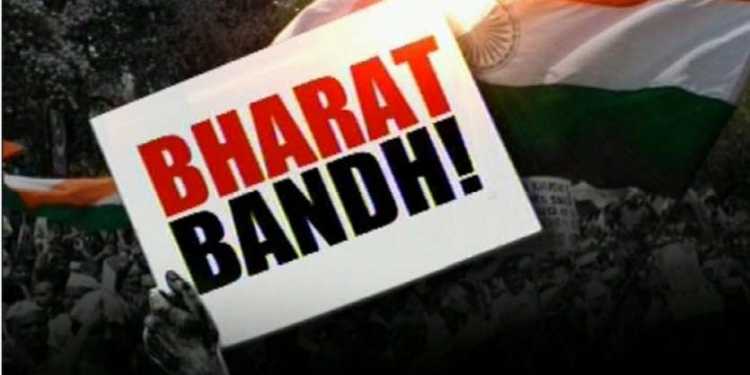India distanced itself from socialism two and half decades back for good. Although, the word ‘socialist state’ still remains in the constitution, India is by and large a market driven economy now. But some traits of socialism and trade unionism remain in the popular imagination of the country. The frequently called ‘Bharat Bandh’, state bandh, district bandh, and market bandh are part of that socialist mindset. Industrial bodies of India now release losses to economy due to ‘Bharat Bandh’ because they get hurt due to these frequent hartals. However, the real loser of these bandhs remains the common people of India.
Congress and opposition parties have called for Bharat bandh on September 10 on Petrol/Diesel price hike. “The fuel prices are skyrocketing, whereas the government is silent. We’ll do a nationwide protest and will keep raising this issue in Rajasthan too.” said Rajasthan Congress President Sachin Pilot. Whether petrol/ diesel prices should be reduced or not, that is a topic of another article, all we need to remember on that front is ‘public finance is zero-sum game’. If expenditure on petroleum is increased, development expenditure will go down, that’s all. Coming back to Bharat bandh, let’s see how much it costs to the nation’s GDP every time. The estimate is only for nationwide bandhs, the state level, district level, local bandhs are not included.
Bharat bandh called in 2010 on the matter of fuel hike cost the country’s GDP almost 13,000 crore, estimated Associated Chambers of Commerce and Industry of India (Assocham). “It (bandhh) is not justified at all. Political parties interfering and disturbing day-to-day work is not at all appropriate. The protest is quite odd and absurd. They will only lose their political ground,” said Adi Godrej, chairman of Godrej group at that time. Again a national wide bandhh called in 2012 against FDI in multi-brand retail and hike in petrol prices cost the country Rs 10,000 -12,500 crores, estimated ASSOCHAM and Confederation of Indian Industry (CII). “While an exact loss for the entire economy is not known, it can be estimated that almost Rs 12,500 crore has been the loss in terms of disruptions in production and trade,” said CII.
A nationwide bandh called by trade unions in 2015 hit banking and industry very badly. These bandhs also harm the country’s image as an investment destination. “The financial impact of the disruption of essential services might lead to an estimated loss of over Rs 25,000 crore to the economy, thereby taking into account the numerous direct and indirect losses,” said Assocham Secretary General D S Rawat. The financial loss to the nation due to bandh does not impact only manufacturing industry, trade, transport, banking services too get hit badly. The estimated loss of a Bharat bandh in 2016 was Rs 16,000-18,000 crore. “Trade, transport and hotels form a major part of the country’s GDP. The other major component to the GDP and GVA is the entire package of financial services including banking. Both these key segments have been crippled by the strike.” said the industry body.
The most important question is who is hit by these bandhs, the political leaders who call for it to reap political benefits or the workers who participate in it. It is the poor workers who get hurt most by these bandhs. The rickshaw pullers, daily wage workers who have to earn daily to get two time meals have to sleep on hungry stomachs due to these bandhs. For economic good of the country, this socialist culture of bandhs must go away.

























